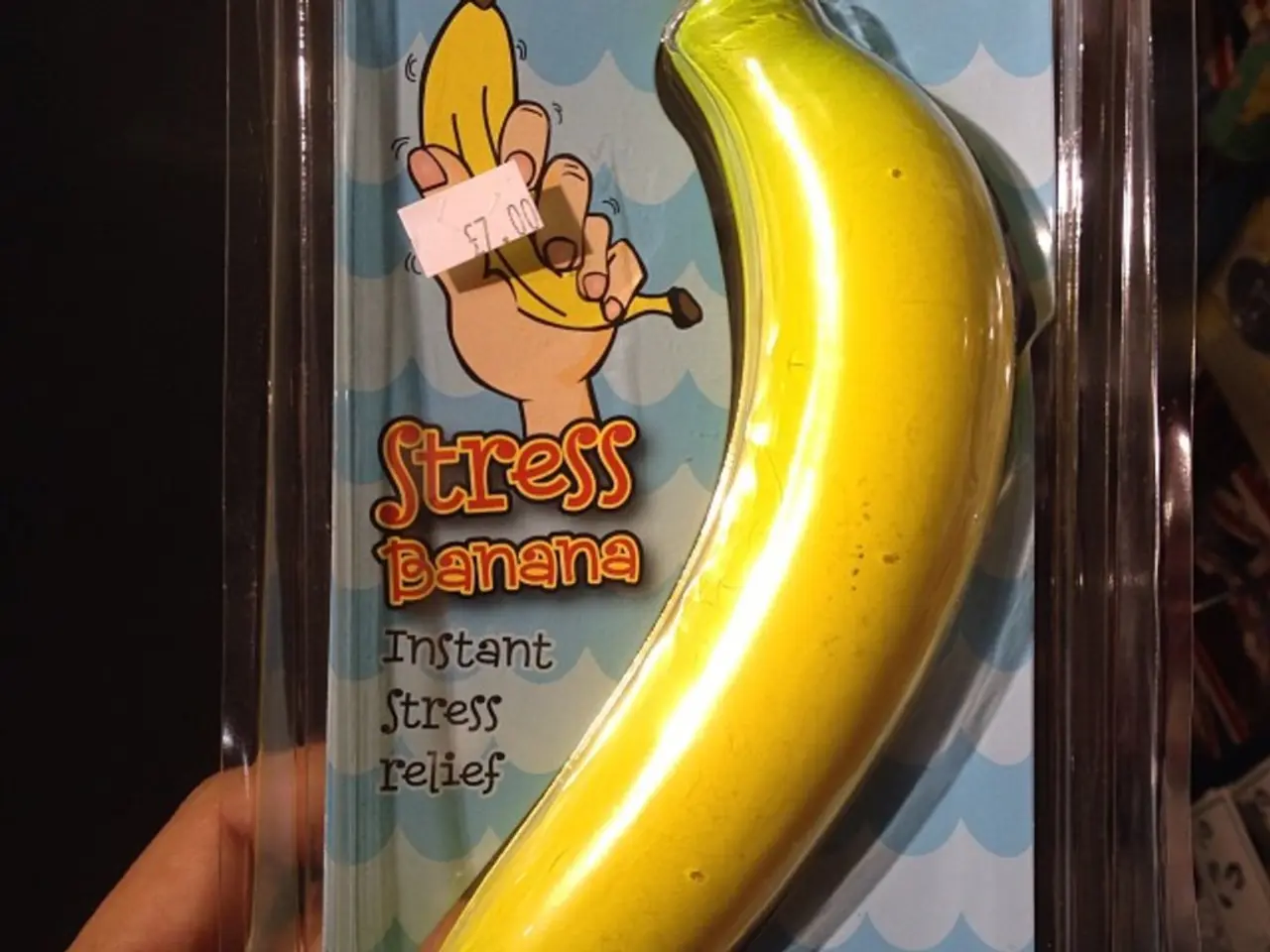Stress Relief Foods: Dishes that Counteract Stress's Impact on the Body
Stress affects millions of people worldwide, and incorporating certain foods into your diet can greatly alleviate stress-related symptoms. Here are some key food groups and items known for their beneficial nutrients that can help combat stress and improve mental health.
**Omega-3 Rich Foods**
Regularly eating fatty fish like salmon helps reduce stress hormones such as cortisol and adrenaline. If you prefer plant-based options, include flaxseeds, chia seeds, walnuts, and hemp seeds for their omega-3 content that supports brain health and emotional well-being.
**Magnesium-Rich Foods**
Add avocados, pumpkin seeds, spinach, and nuts like pistachios and walnuts to your meals. Magnesium helps relax nerves, lower blood pressure, and reduce stress levels.
**Vitamin C Rich Fruits**
Citrus fruits like oranges, lemons, and grapefruits are excellent for boosting vitamin C intake, which is known to relieve stress and depression by supporting your immune system and lowering cortisol.
**Probiotic and Gut-Friendly Foods**
Incorporate yogurt, homemade curd, bananas, garlic, and oats to promote healthy gut bacteria. A healthy gut positively influences brain chemistry and helps reduce stress.
**B Vitamin Sources**
Whole grains, legumes, nuts, and seeds provide B vitamins essential for serotonin and dopamine production, key neurotransmitters that stabilise mood.
**Tryptophan-Containing Foods**
Foods like tofu, sesame seeds, oats, and bananas support the natural production of serotonin, promoting a calm and happy mood.
**Calcium and Vitamin D Containing Foods**
Milk and dairy products help improve sleep quality and reduce symptoms of depression, indirectly supporting stress management.
**Hydrating and Calming Beverages**
Drinking water consistently and including warm lemon water in the morning helps digestion and detoxification. Herbal teas like tulsi, chamomile, and green tea with L-theanine promote calm alertness.
**Practical Tips**
Start your day with a bowl of oatmeal topped with chia seeds, walnuts, and banana slices. Snack on nuts and seeds instead of processed snacks to benefit from magnesium and B vitamins. Include a serving of fatty fish like salmon or plant-based omega-3 sources at least 2–3 times per week. Add a side salad with spinach, avocado, and citrus fruits to your lunch or dinner. Have a cup of yogurt or homemade curd with meals or as a snack. Drink herbal teas and stay well hydrated throughout the day. Limit consumption of refined sugar, caffeine, fried, and processed foods, which can increase stress and energy crashes.
**Additional Foods and Beverages**
Dark chocolate is loaded with antioxidants and nutrients that can help combat the effects of stress on the body. Almonds, cashews, and peanuts are magnesium-packed nuts that can help boost intake and keep stress at bay. Berries are packed with antioxidants that help combat the negative effects of stress. Chamomile tea is known for its relaxing properties, making it an excellent choice for unwinding after a long day.
Turmeric contains curcumin, which has been shown to reduce inflammation and improve mood. Green tea's calming properties are due to the presence of L-theanine and catechin compounds. Dark chocolate, in moderate amounts, can help lower stress hormones due to its high content of antioxidants. Wholemeal toast with mashed avocado, egg scramble with spinach, quinoa salad, and green smoothie are recipes that incorporate B-vitamin-rich foods.
By consistently integrating these nutrient-rich foods into your meals and snacks, you can help reduce stress hormones, support brain health, and improve overall emotional well-being.
Food choices can significantly impact mental health and stress levels. Incorporating Omega-3 rich foods like salmon and plant-based options such as flaxseeds, chia seeds, walnuts, and hemp seeds can help reduce stress hormones. Magnesium-rich foods, including avocados, pumpkin seeds, spinach, and nuts like pistachios and walnuts, are beneficial for relaxation and stress reduction. Consuming Vitamin C rich fruits, like oranges, lemons, and grapefruits, can relieve stress and depression. Probiotic and gut-friendly foods, such as yogurt, bananas, garlic, and oats, promote a healthy gut, which in turn positively influences brain chemistry and stress levels. B Vitamins, sourced from whole grains, legumes, nuts, and seeds, are essential for producing serotonin and dopamine, neurotransmitters that stabilize mood. These lifestyle changes combined with maintaining good hydration, reducing refined sugar and caffeine intake, and limiting fried and processed foods can contribute to improved health-and-wellness and mental-health.





